The Detective Branch (DB) of police detained two more coordinators of the ongoing anti-discrimination student movement—Sarjis Alam and Hasnat Abdullah—on July 27, escalating tensions amid a nationwide protest against the recently issued quota reform gazette.
According to DB Additional Deputy Commissioner Zunaid Alam Sarkar, the coordinators were taken into custody for interrogation regarding protest-related incidents and for their own safety.
This followed the detention of three other coordinators—Nahid Islam, Asif Mahmud Shojib Bhuiyan, and Abu Baker Majumdar—on July 26.
In response, movement leaders held an online press conference late on July 27, rejecting the government’s gazette on quota reform, saying it failed to reflect the High Court verdict and students` demands. They issued a 24-hour ultimatum with three key demands: the immediate release of all detained students, withdrawal of all cases against them, and legal action against those responsible for killing protesters.
Movement representatives claimed over 3,000 students had been arrested, and at least 266 were killed during the protests. They announced countrywide campaigns—including embassy petitions, graffiti campaigns, and online mobilization—set to begin on July 28.
On July 29, they plan to launch two initiatives: a "Health Force" to assist affected families and document casualties, and a "Legal Force" to track cases and provide legal aid.
Earlier in the day, a delegation from the University Teachers’ Network visited the DB office to inquire about the detained leaders but were denied a meeting.
Meanwhile, Nobel laureate and current interim government adviser Dr Muhammad Yunus, in an interview with The Hindu, urged for fresh elections to restore democracy and called on the international community to help end the violence in Bangladesh.
In a separate development, former DUCSU VP Nurul Haque Nur was also detained from his residence in Hatirjheel early July 27. Law enforcement continued a sweeping crackdown across the country. As of that night, Bonik Barta reported over 736 cases filed nationwide, with more than 7,000 arrests—2,536 of them in Dhaka alone.
In light of the unrest, curfew hours were slightly relaxed from 8am to 5pm. The Ministry of Public Administration announced shortened office hours (9am–3pm) from July 28 to 30. Deposed Home Minister Asaduzzaman Khan Kamal later stated that curfews would continue in Dhaka, Gazipur, Narayanganj, and Narsingdi from July 28 to 30 with extended hours from 7am to 6pm.
The Human Rights Forum Bangladesh (HRFB) expressed concern over the student detentions, urging the government to ensure their safety. In a joint letter to then-Foreign Minister Hasan Mahmud, 14 foreign missions—including the US, UK, France, Germany, and the EU—condemned the violence and loss of life.
International academics and human rights activists also voiced concern. More than 140 prominent individuals sent a letter to the UN High Commissioner for Human Rights, urging immediate intervention.
BNP Secretary General Mirza Fakhrul Islam Alamgir held the government responsible for the deaths and called for its resignation. Several other opposition parties echoed this demand, blaming then Prime Minister Sheikh Hasina for the casualties.
Left-wing political coalitions, including the Left Democratic Alliance and Anti-Fascist Left Alliance, also condemned the detentions, demanding the immediate release of all student leaders. Several women’s and student groups under the Democratic Student Alliance joined the call.


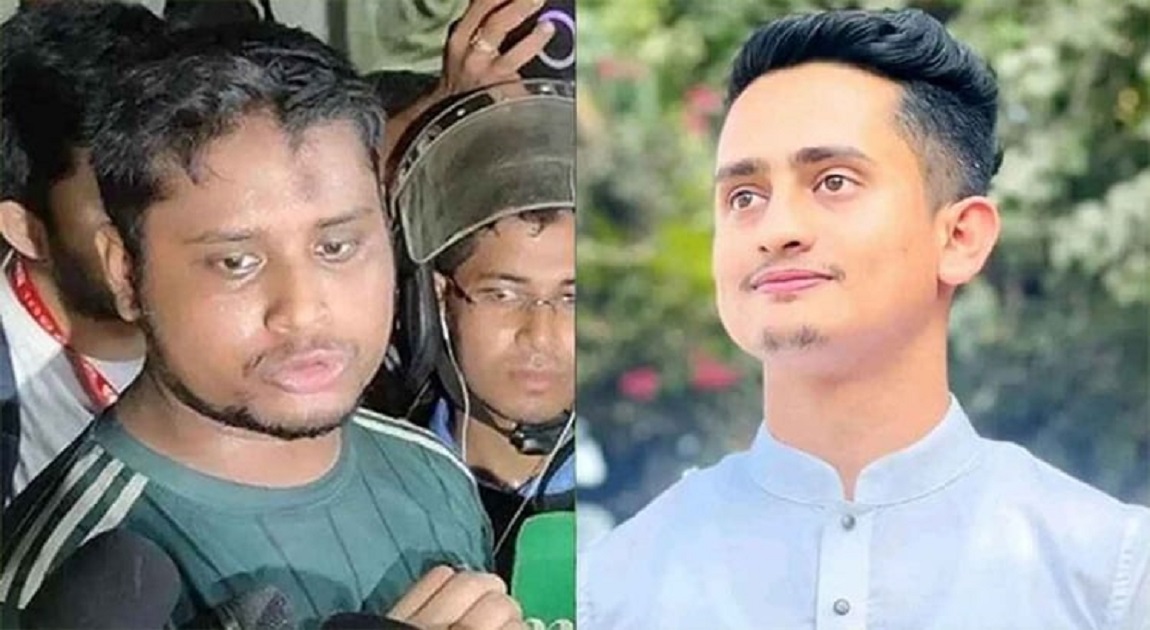

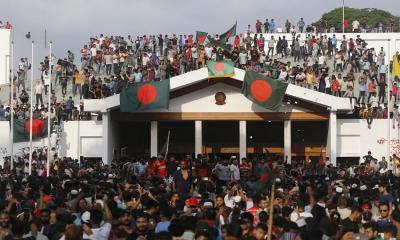
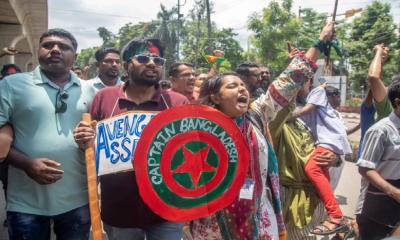
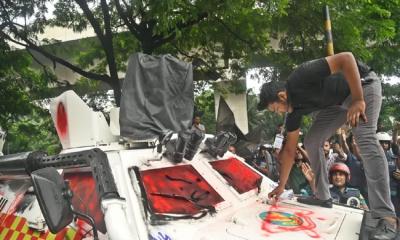
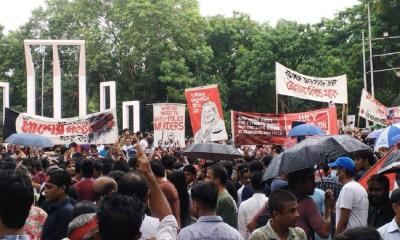
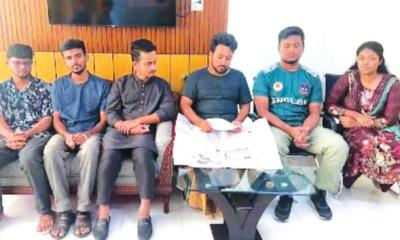
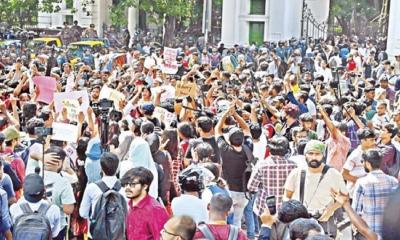




-20260226080139.webp)






-20260225072312.webp)










-20260219054530.webp)
-20260224075258.webp)





-20260221022827.webp)